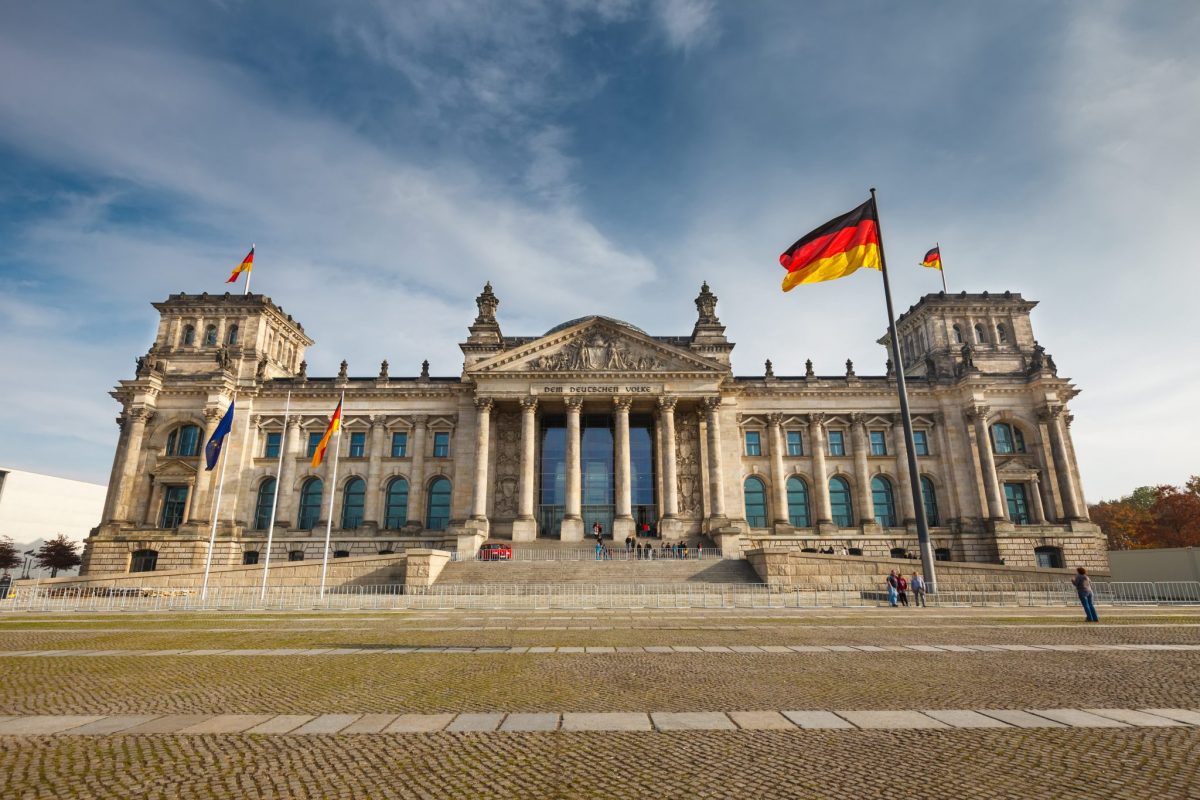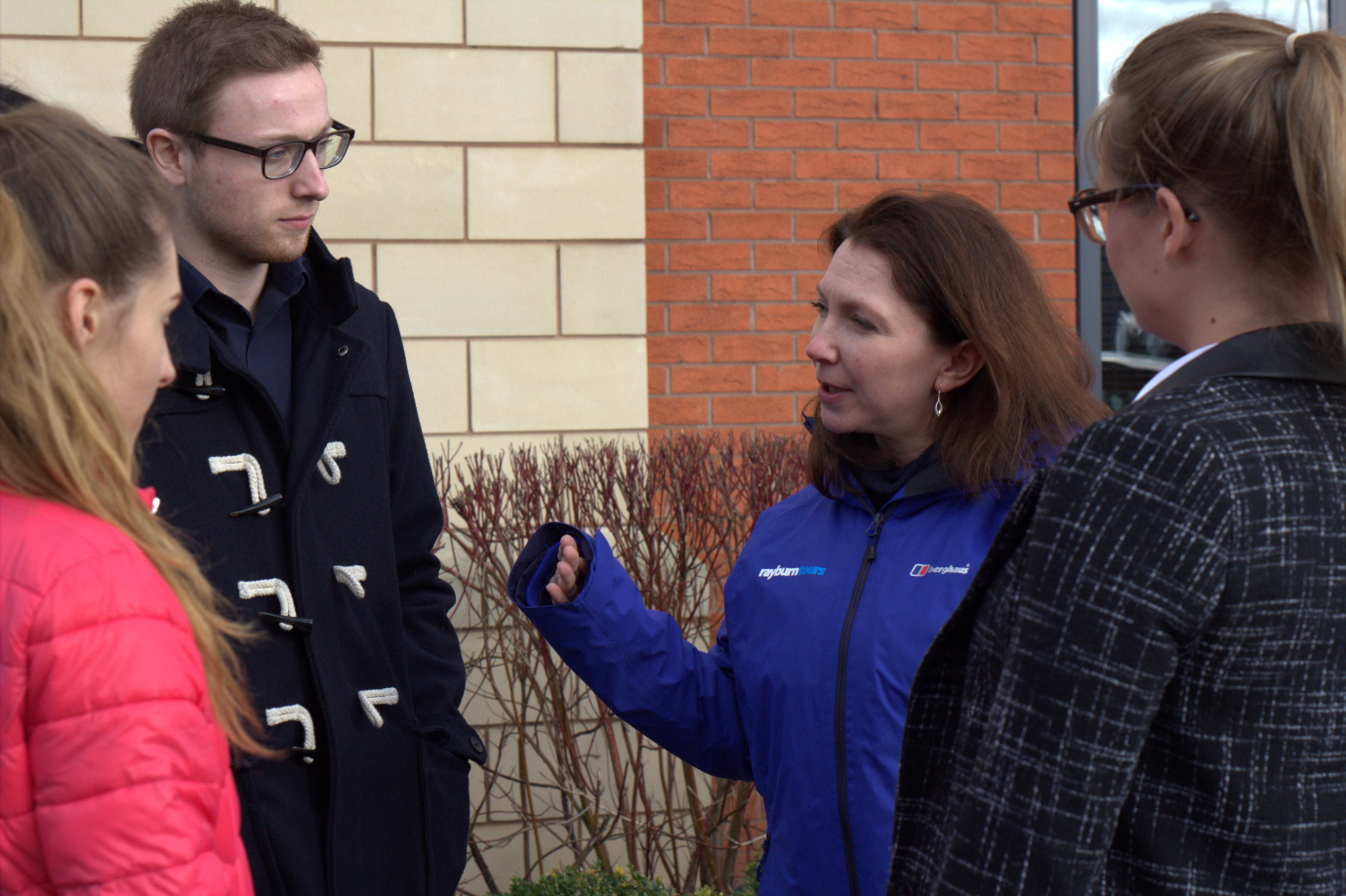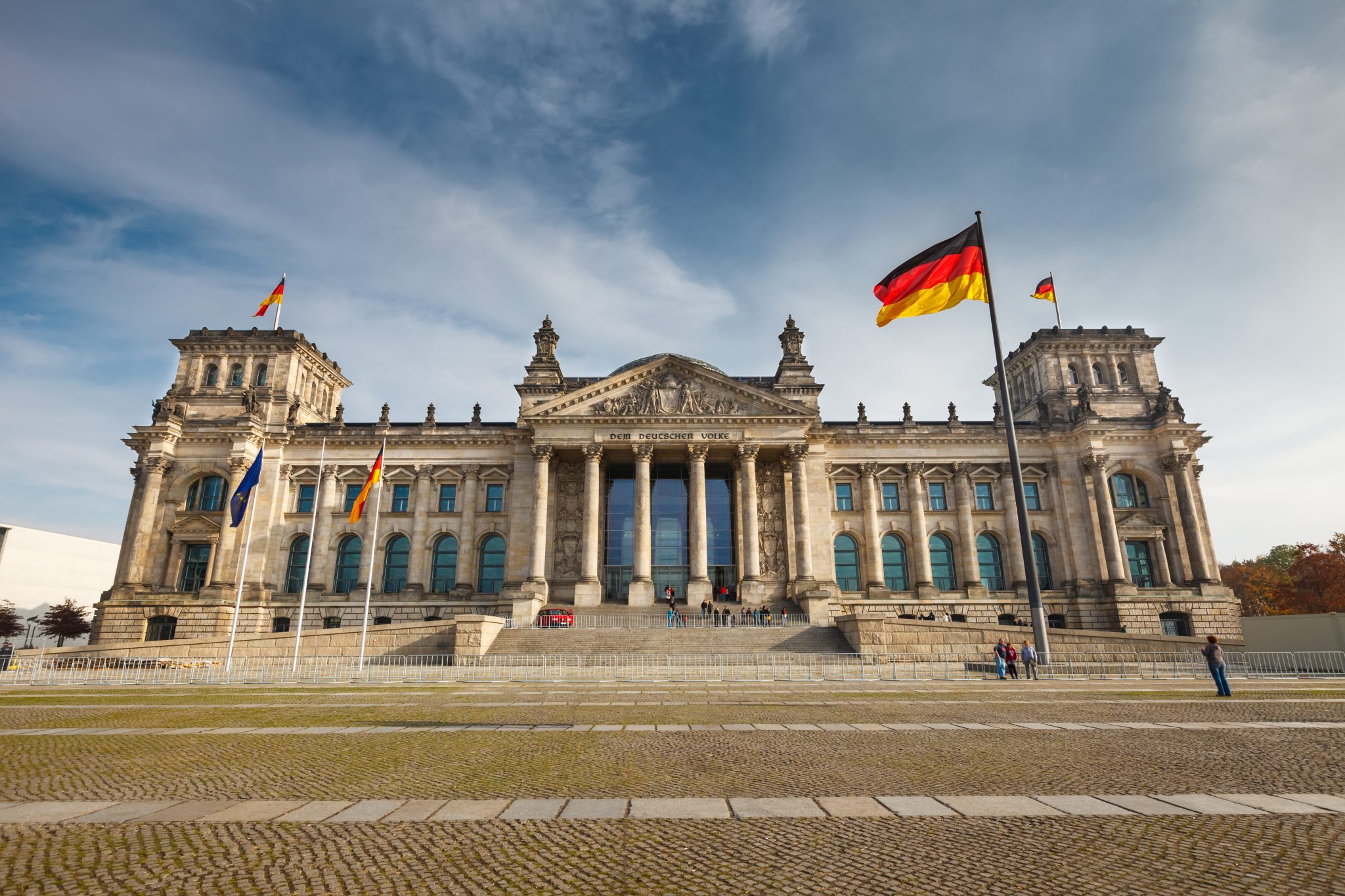
We’re thrilled to say that we’ve joined forces with the University of Derby to offer a series of free and insightful Continuing Professional Development (CPD) networking events, with each event exploring a different subject within the study of history.
Following the success of our first event, our second is on the horizon and will cover the topic of ‘Place in the Sun’ or ‘Triumph in the Dark’? German History, 1871-1939, with talks from both the University of Derby’s Dr Tom Neuhaus and Rayburn Tours’ very own History Tours Development Manager, Paula Kitching.
Held at the University of Derby on Wednesday 16 March, 4.15pm-6pm. Register to reserve your free place.
Paula shares her take on the history of Germany and tells us what you can gain from the event…

We’re so familiar with Germany as a dominant force in Europe, that it’s easy to forget that it’s relatively young as a unified entity.
For centuries, the Germanic states in the centre of Europe were surprisingly independent of one another. Trade, language and the marriages of their aristocracy were their primary connection.
In the middle of the 19th century, moves were made to make the binds between the states and principalities stronger. Combining the physical drive of the Prussian forces and the political leadership of Otto von Bismarck, and any number of side shows, a new Germany was created in 1871. Central Europe would never be the same again.

The journey of that new national entity to leading European nation has been complex and traumatic. The new Germany arrived as imperial dominance in Europe to support status was at its height, and this new nation, steeped in old traditions and connections, was keen to make its claim and ensure its presence was felt.
Germany’s activities have become closely entwined with the key aspects of British, European and global history. It is, therefore, understandable that German history has a strong presence in the exam syllabuses at GCSE and A Level. However, for many of us, German history has often been reduced down to key aspects and familiar time periods.
What topics will the event cover?
In this lecture, Dr Tom Neuhaus will explore Germany across a 70-year time period – half of its actual existence. He will examine some of the key influences on Germany in the early years with a close inspection of an Imperial Germany and its transition to Republic and totalitarian state.
Dr Neuhaus will introduce teachers to some of the new insights and approaches that historians have been using to understand and unpick German history. The lecture will provide a focus for how we can begin to understand a country that changed the world in the 20th century.

Following on from Dr Neuhaus, I’ll begin to address how the information presented can begin to be used in the classroom, and how it can be used to assist students to focus on the issues and themes that are now required of them at GCSE and A Level.
I’ll cover what we can do to breakdown the breadth now required for exams, while maintaining the understanding and depth. There will, of course, also be opportunity for questions and discussion.
A date for your diary
‘Place in the Sun’ or ‘Triumph of the Dark’? German History, 1871-1939 by Dr Tom Neuhaus will take place at the University of Derby at 4.15pm (for 4.45pm start) on Wednesday 16 March 2016.
Register here to reserve your free place. Students are also welcome, so if you’d like to bring them along, simply register them too.